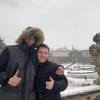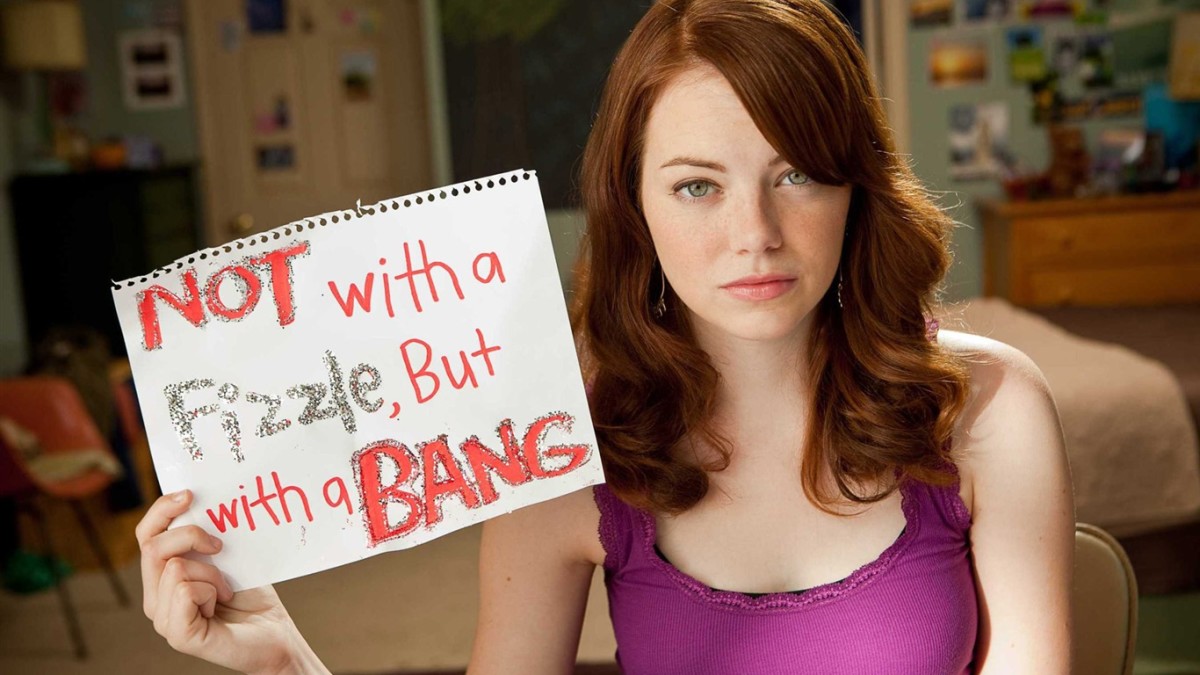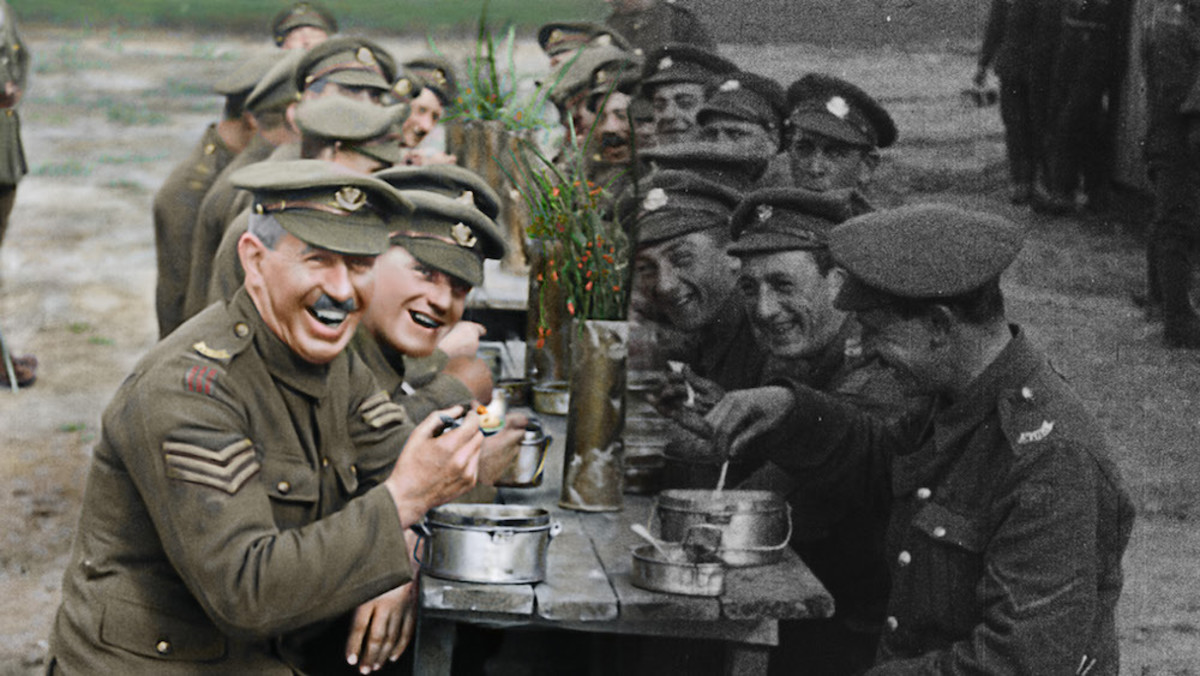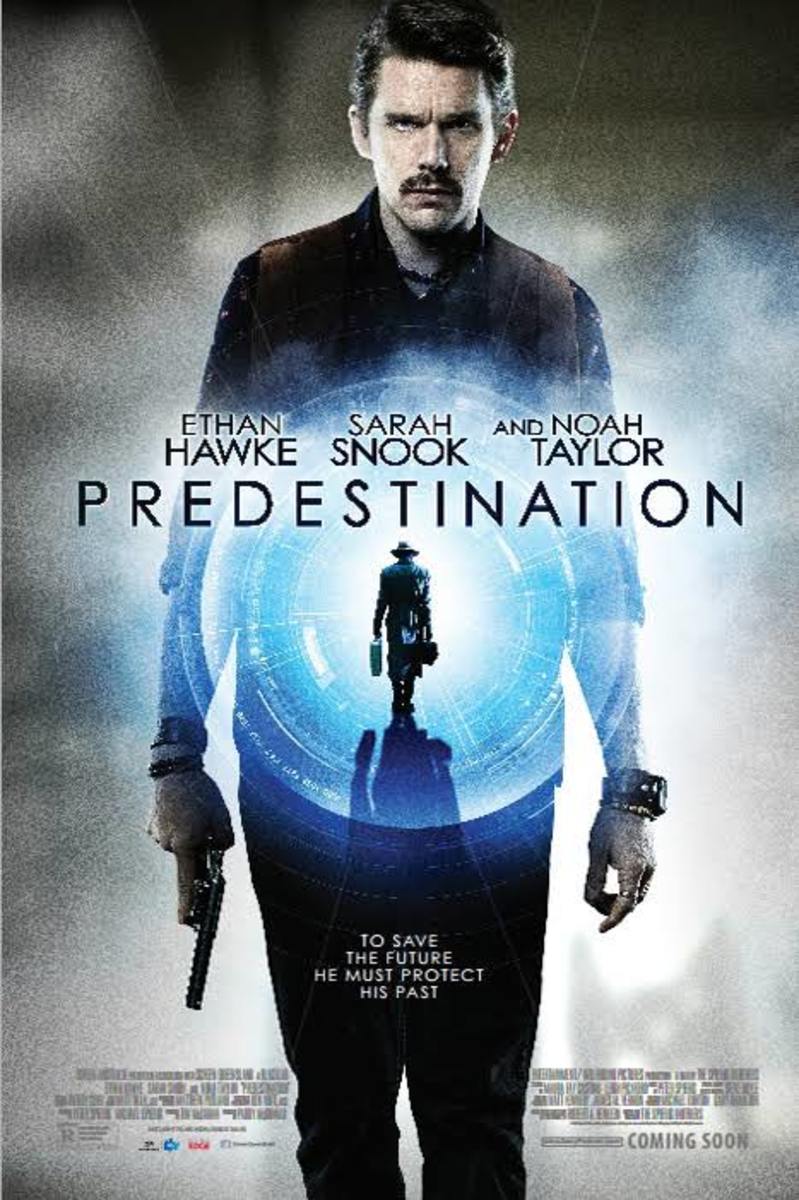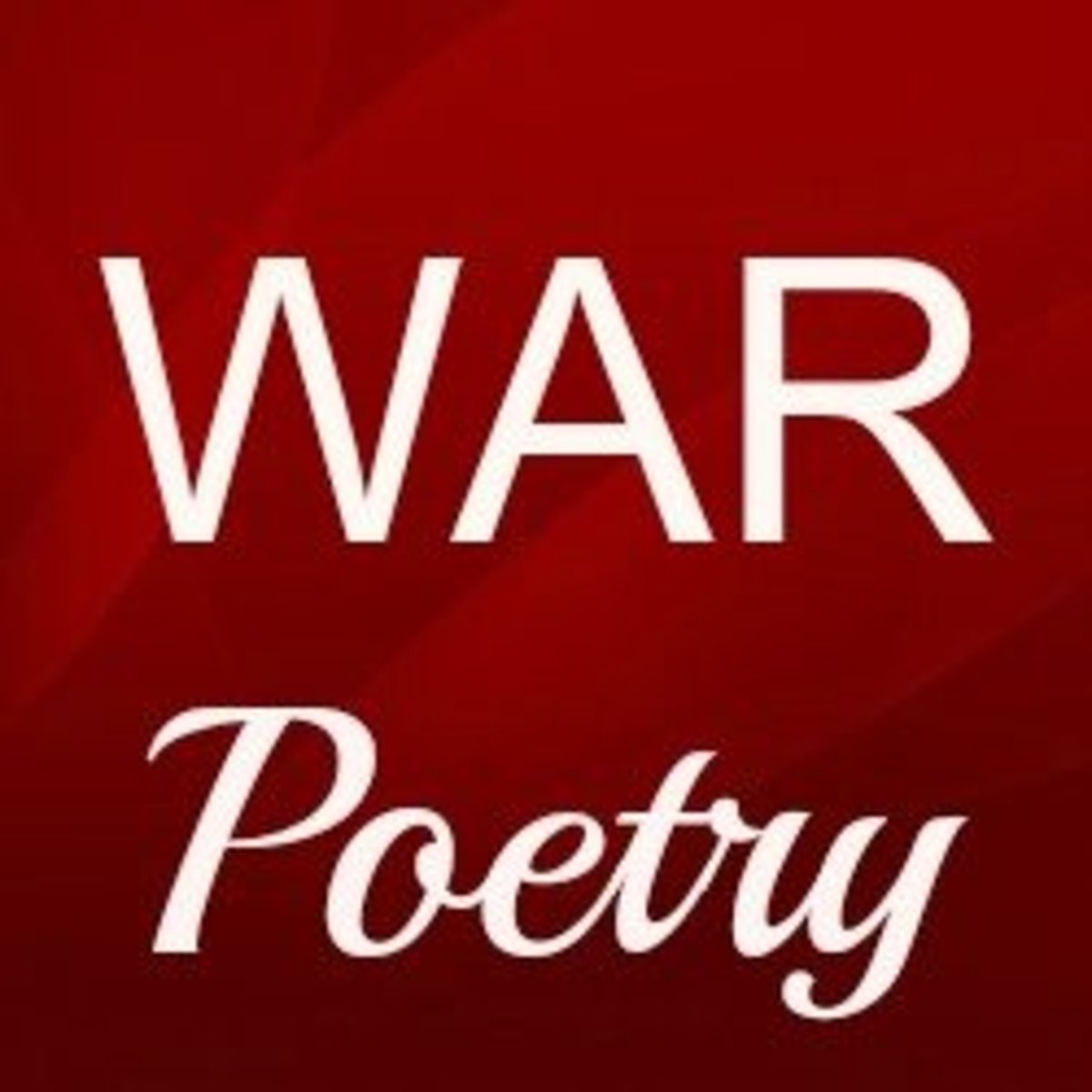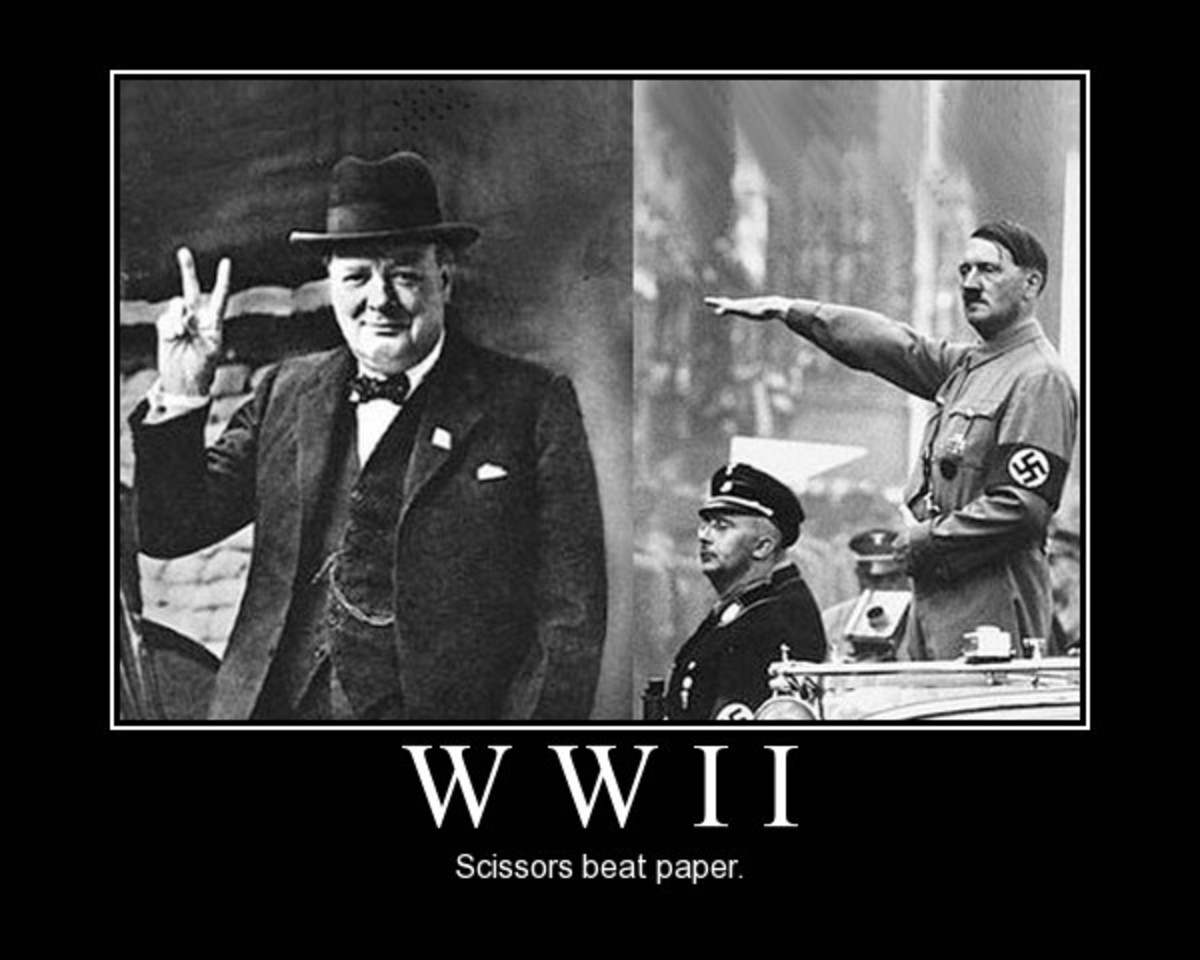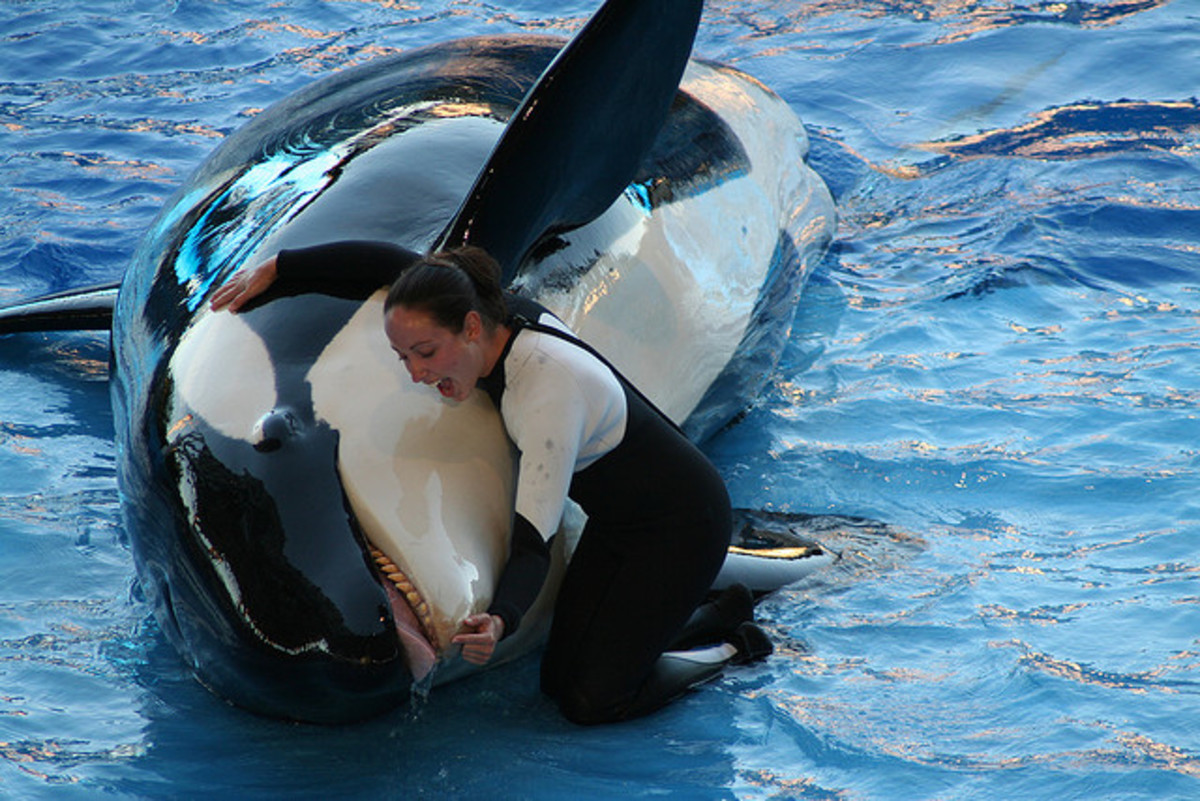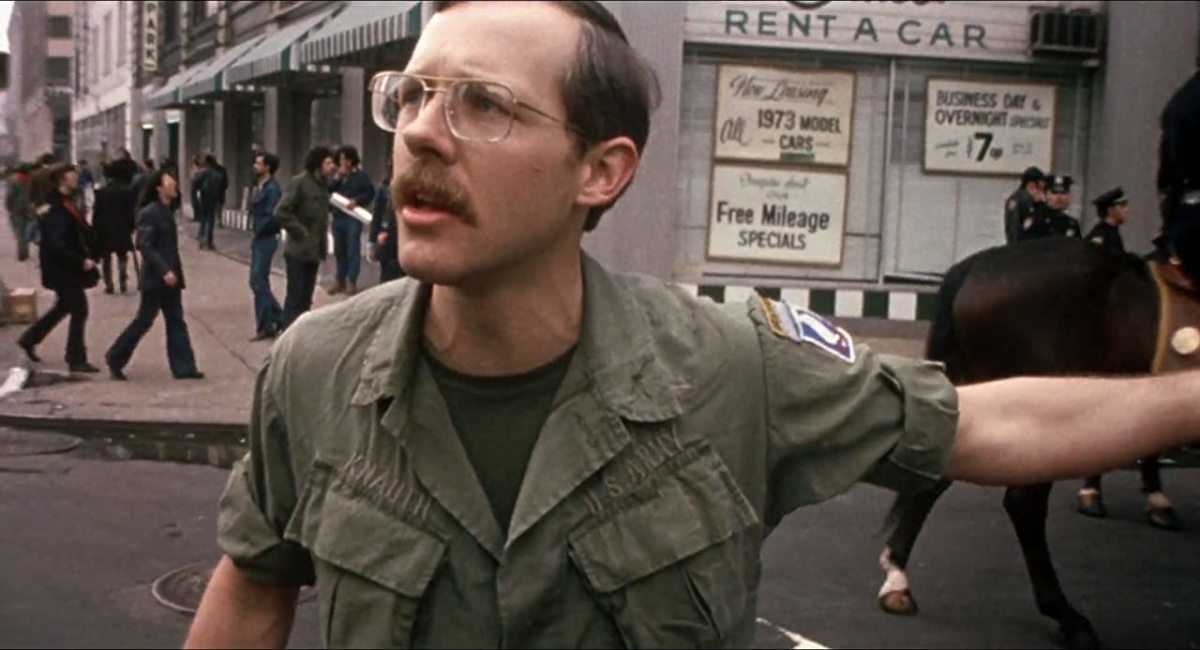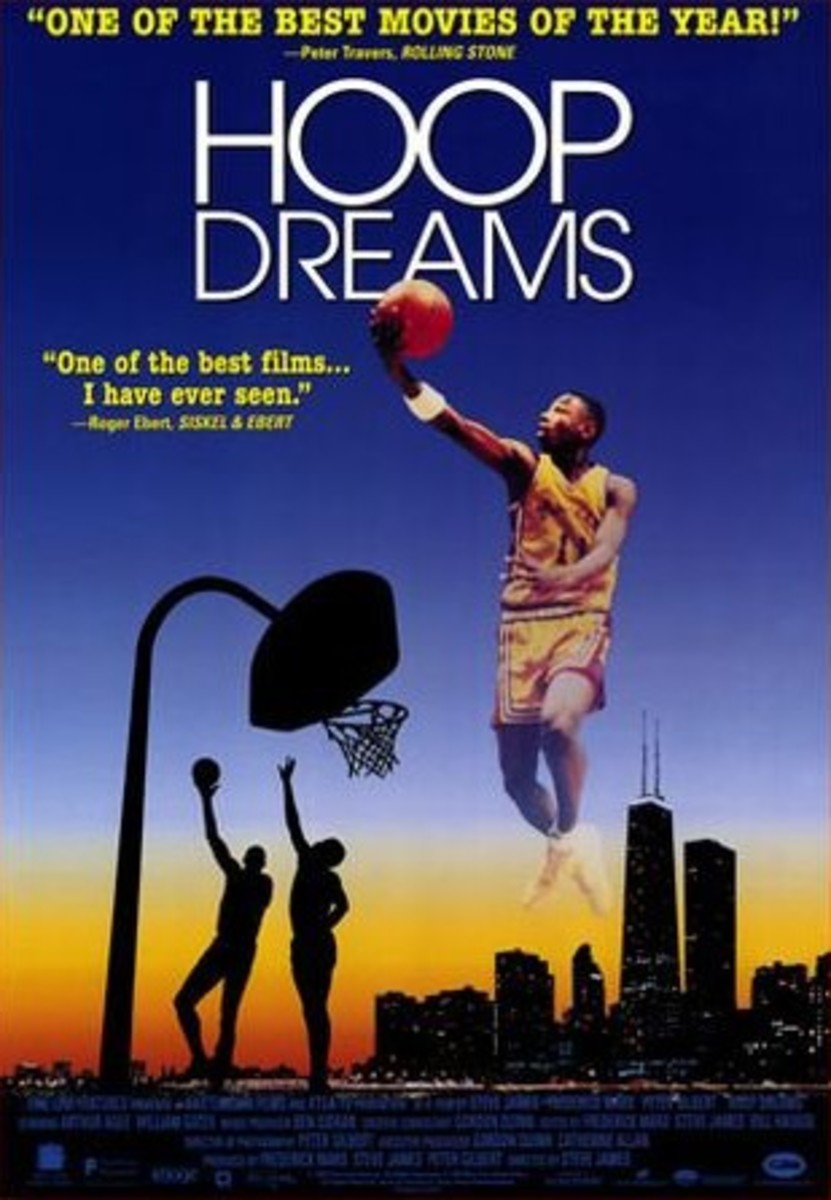They Shall Not Grow Old: A War Documentary That Everyone Should Watch.
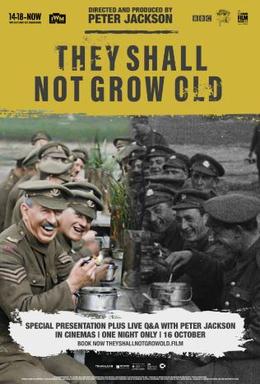
War is one of the most essential genres of filmmaking that is possible. Films that have flawless emotion of the conflicts like We Were Soldiers (2002) and Black Hawk Down (2001), films that glorify them such as Patton (1970) and Zulu (1964), as well as some that find humorous aspects War Machine (2017) and Jarhead (2005). Their is something similar between all of these films however that you might not think to notice when you first hear the names. None of these films in particular took place during World War I. For the most part, World War I is a forgettable conflict in American eyes as we entered at the tail end of the war but nevertheless lost 116,000 men. In recent years, films like Steven Spielberg’s War Horse (2011), Sam Mendes’s 1917 (2019) and Journey’s End (2017) have caputed the ferocity of the war based on accounts of soldiers who fought on the Western Front and lived through the carnage. Well, these films have based on elements, another film is the one that when it comes to war needs to be seen. The film is titled, They Shall Not Grow Old (2018) and was directed by Peter Jackson (Lord of the Rings Trilogy and King Kong).
In order for this film to be made Jackson required actual film footage as his film is a documentary and not a live-action feature. Jackson along with the help of the Imperial War Museum in London, UK, took thousands of hours of films that included interviews from soldiers. According to Jackson, it took one year to finish reviewing the material that he needed for the film. Furthermore, much of the archival footage did not have sound and thus professional lip readers were hired in order to bring the film to life. Most of the film is colorized with modern technology at Jackson’s disposal and it provides a very realistic feeling to an already realistic set of images. Most of the footage for this film is “never before seen” as according to Jackson the films had been siting in the archives of the Imperial War Museum in London for many years before being unearthed.
Why Peter Jackson?
Known as earlier mentioned for his portrayal of J.R.R. Tolkien’s Lord of the Rings book adaptations and his epic King Kong (2005), this type of film did not seem like something that Jackson would put forth. However, Jackson like most Europeans has a connection to “The Great War” (1914-1918). Jackson’s grandfather served during the war fighting for his home country of New Zealand which fought alongside it's colonizer, Great Britain. As a child, Jackson heard war stories and legends from his father who was told from his grandfather to him. Unfortunately, Sgt. William Jackson, Peter’s Grandfather whom the film is dedicated to, died before Peter was born leaving the memory of what happened only in Peter and his father. Jackson stated that from the stories he had heard as a child of what his grandfather had done and even found that his grandfather had fought besides Tolkien during the war. In the film due to it being about all those who fought does not mention his grandfather in the film at all but at the close of the film states that the film was dedicated to Sgt. Jackson. Furthermore, the film was released in 2018 which was one hundred years after the war ended.
What is the film about?
Unlike many war films including documentaries this film is very general. It does not place a unit or a person but rather a collection of those who fought in the trenches. The film deals exclusively with the British as there are so many other narratives that the Imperial War Museum carried from soldiers on both the Allied and Central Powers sides. However, with the footage rolling like any older movies the interviews are conducted and they discuss topics from signing up to go to war all the way to daily life in trenches, combat situations, medical care, amongst many other topics. For the film being a mere 99 minutes it feels like a lifetime. The film covers almost everything form the English side and displays a “barred none” approach when it came to these topics. In retrospect, it puts the viewer at ease with some of the footage to see how lively and vivacious the soldiers seemed when they were not in combat. However, other footage especially of shelling and trench warfare there is toll on the human mind. This film is one hundred percent a bar of emotion as boys as young as 14 years old signed up lying about their age to go to the front to fight for democracy and wanting the world to be free as they tell it. Furthermore, there is a theme that conscription was the way to do your duty no matter where you were. There is a thought process within the film that an entire generation sacrificed it's youth for the betterment of the world. To the credit of the veterans they are right when they state that they felt they were fighting for their country and not for themselves. History would prove this as a statement of ignorance as the men were actually fighting for their King who had gotten them into the war in the first place. The film does not shy away from discussing the topics of monarchy and politics as well as the war itself. War is war though and that is the film’s anterior idea.
Why is World War I important?
In as short as possible as I can make it, World War I is the second most important conflict in the 20th Century only followed by its follower World War II (1939-1945). Unlike World War II though, World War I does not focus on good and evil. Instead it focuses on an arms race that began well before the war. In the 1860s and 1870s well the United States was dealing with its own conflicts, Europe was slowly becoming a boiling pot. Italy and Germany were signing their constitutions to become nations and France and Great Britain were busy opposing each other in an effort to occupy the world. Germany, being the new country on the world stage felt that it needed to prove itself and with its leader Kaiser Wilhelm I, Germany needed to bring itself to prominence. It began an arms race with the other European Powers and launched itself into a very military mindset and ready to begin waging war upon the “Old World Powers.” It simply needed something to get it started. On June 28th, 1914, they got what they had been wishing for as in Sarajevo, Archduke Franz Ferdinand had been assassinated by Bosnian Gavrilo Princep in an effort to end Austro-Hungarian rule over the Bosnian territory. The Austro-Hungarian was apart of modern day Germany and therefore the Bosnians were to be demolished for their action. On the side of the Bosnians was the British and French who jumped headfirst into the war. Kaiser Wilhelm II now ruled as his father had passed away. He felt it his duty to like his father bring about a greater Germany. In his effort to defeat the Allied Powers (Great Britain, France, USA, amongst others) the Central Powers (Germany, Austria-Hungary, the Ottoman Empire, and Bulgaria) were defeated within four years after they had fallen victim to supply issues as they were running out of oil and fuel. After all, the Germany army surrendered occupying much more territory in France and Belgium than the Allied Powers had owned. Nevertheless, they folded and the Inter-War Years began which included the rise of Fascism in Germany, Italy, and Japan beginning World War II.
World War I is important because it provides the catalyst for World War II but it is also the first modern war that is seen in human history. The usage of new weapons such as poison gas, automatic weapons, airplanes, tanks, amongst other things sparked a war that was much more brutal than anticipated. Furthermore, it provides political changes during the Inter-War Years which create new countries and territories. It brings about the end of the Ottoman Empire and the beginning of the Soviet Union. It also displays ways in which countries should not conduct foreign policy following a massive conflict. Yet the change is inevitable and from Jackson’s perspective the conflict defined a generation until the next big one came about in which those that were soldiers in the first war were the leaders in the second one.
What is my interest?
As an American, we learn much about history both good and bad. The horrors of slavery and relocation of Native peoples, as well as the foundation of a new world and a global order. America stood thousands of miles away from a conflict that in many ways was not theirs to fight until it became so. Very similar to World War II. In school, World War I is a topic, at least in American Schools, that is not discussed in nearly as much detail as it should be. I understand that there are conflicts such as the Civil War which are way more important in looking at how America operates today but this conflict is important for the world to look into not just Europe. After spending time in London and visiting the Imperial War Museum there I noticed that the museum dedicated an entire floor to World War I. Granted the English were major participants in the war as they lost 1,100,000 men of their own. Looking through the museum though we see a war not that very different from the one we are fighting now. it seems that in many ways military showings of strength are unleashing terrible hell upon their enemies but with that being said the United States is worrying about potential conflicts elsewhere in the world which could lead to World War III. World War I was not really of interest to me until going to the Imperial War Museum as unlike Peter Jackson, I never was told bedtime stories of war heroes. The film presented a side of war that I had never seen before in any film either, even in documentaries. Films are meant to be artistic, but Jackson went for a different message in this one which was to present a war that changed the world but until 2018 is often forgotten as World War II is the more remembered conflict. A generation of young Englishman, Russians, Italians, Germans, French, Americans, and more sacrificed their lives in pursuit of a goal that looking back seemed otherwise pointless but as usual war appears pointless once the killing is done and the countries demolished. By then there is no more worry but instead a feeling of why did I do what I did.
